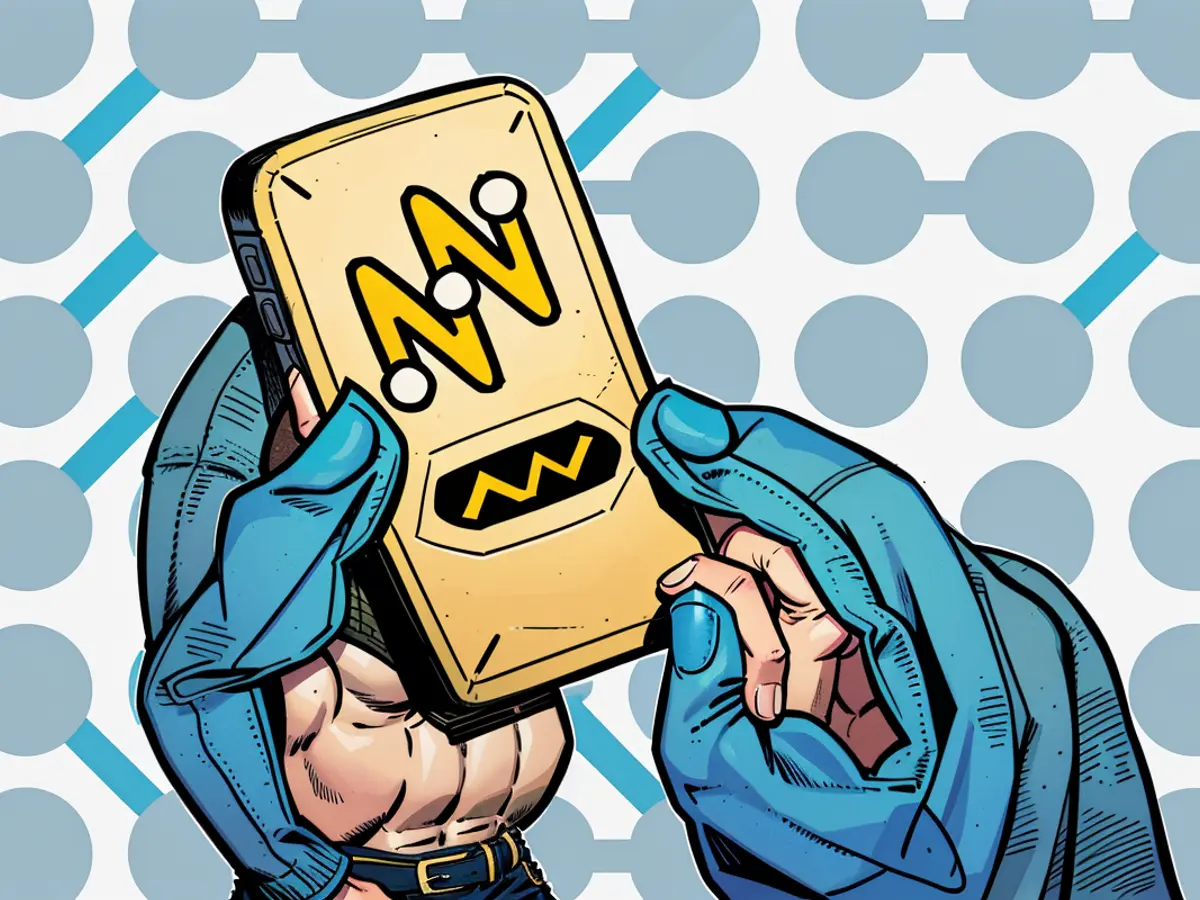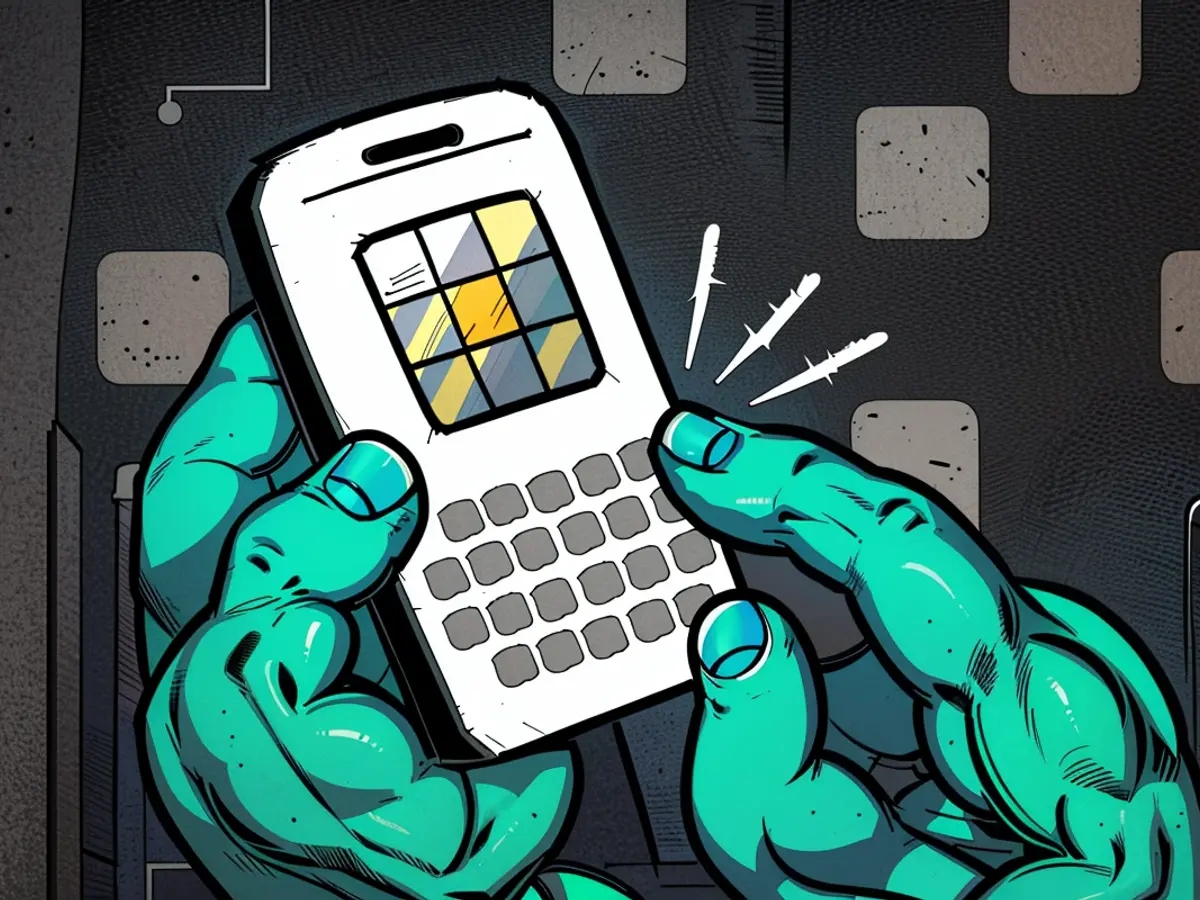Criminals are increasingly employing cunning fraud schemes to obtain confidential data from consumers, leading to a rise in "quishing" in Germany. Cybercriminals attempt to gain access to account information through deceptive phone calls, SMS, or WhatsApp messages.
Related topic: Spam list in Germany: Never answer calls from these phone numbers
New fraud schemes continually emerge to deceive consumers, prompting a warning from the police during the "European Cyber Security Month" about a new variant of online fraud.
What does "quishing" mean and how to avoid falling victim to scammers
"Quishing" is a combination of "QR" and "phishing," referring to phishing using QR codes.
Cybercriminals use quishing to exploit scan codes for stealing passwords and other confidential information from internet users.
Security tools and antivirus software may not detect fraudulent codes using this new scam. Since QR codes are stored as images, protective programs scan only attachments and emails for phishing links.
Quishing attacks also take into account that consumers increasingly use secure queries on interconnected digital devices. It's not surprising that users are asked to scan QR codes with their mobile phones in email messages.
To prevent internet users from falling into the criminals' trap, the police provide essential advice.
- First and foremost, users should avoid opening any files, attachments, or clicking on links in emails from unknown senders.
- Suspicion should also be directed towards attachments in emails that disguise themselves as official sources, a favored trick by fraudsters.
Software should only be downloaded from a company's official website.
- Downloading files directly from email links is potentially dangerous.
Official representatives of a company typically never recommend downloading any applications through links leading to third-party resources.
- Additionally, users should refrain from responding to any demands for money if a message claims their PC is blocked.
Often, this is a clever scare tactic by fraudsters targeting inexperienced computer users.
Related topics:
The "Spam list in Germany" advisory warns users to never answer calls from suspicious phone numbers due to the rise of phone scams. In light of this, avoiding quishing attacks requires users to be vigilant about scanning QR codes from unknown sources, as they can be used for phishing purposes.








